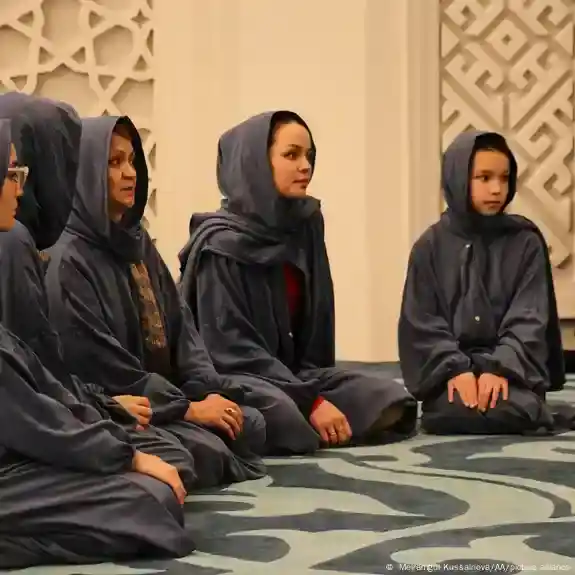The Kazakhstan government has decided to ban the hijab headscarf for students and teachers in schools, stating that it is necessary to maintain a secular state. Kazakh President Kassym-Jomart Tokayev defended the ban, emphasizing that Kazakhstan is and will remain a secular state. Supporters of the ban argue that Kazakhstan should not favor any particular religion since it is a secular country. According to official statistics, nearly 70% of the population in Kazakhstan practices Islam.
On the other hand, many people oppose this ban, claiming it infringes on freedom of conscience. One opponent of the ban argued that it is illegal, stressing that the hijab is a headscarf that girls in Kazakhstan have worn since the age of 13 and does not have a religious connotation. She suggested that only full-coverage clothing like the niqab, veil, and burqa should be banned, as they prevent personal identification. In response to the ban, some schoolgirls have organized protests on social media, demanding the right to wear the hijab.
To address this issue, the Spiritual Administration of Muslims of Kazakhstan has suggested that girls who wish to wear hijabs should attend madrasas (Muslim educational institutions) from the 10th grade onward. This idea is seen as a possible solution to allow girls to wear the hijab while also receiving an education. The ban applies to all educational institutions in Kazakhstan, and so far, the authorities have not objected to this suggestion. This decision, however, has ignited strong reactions within the country.

